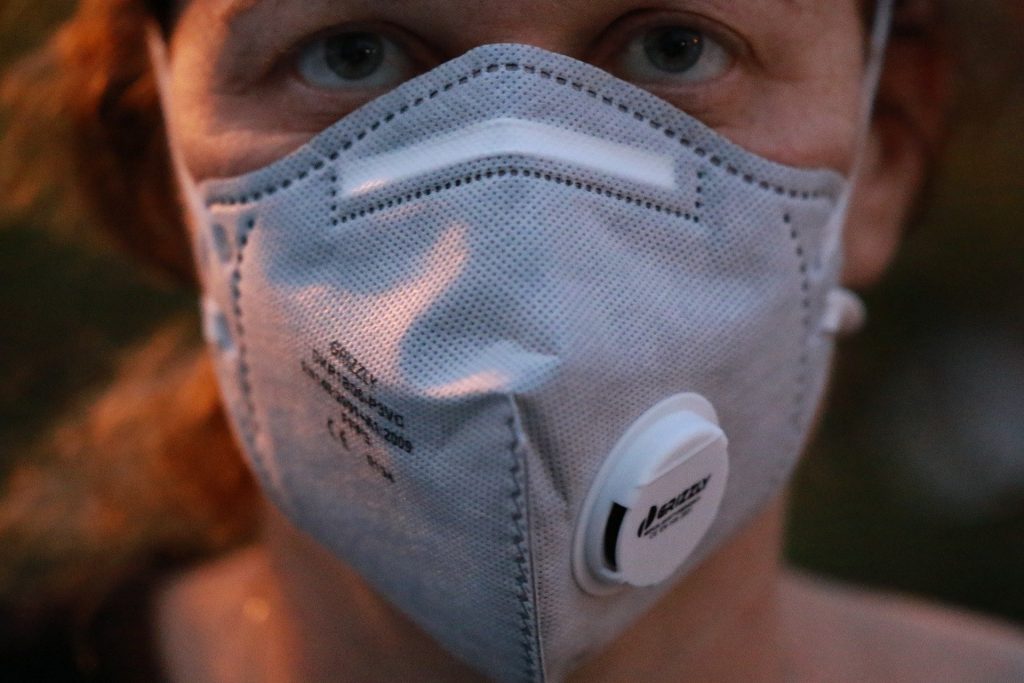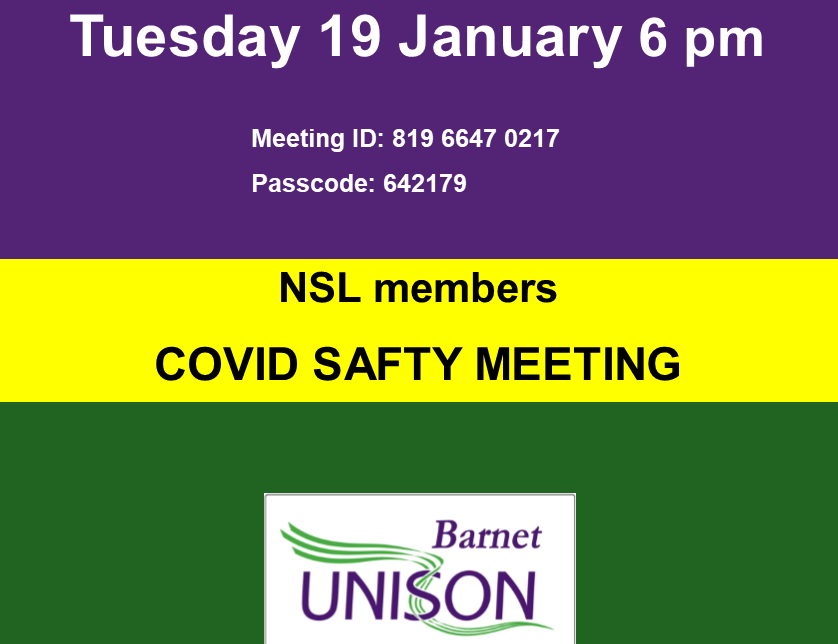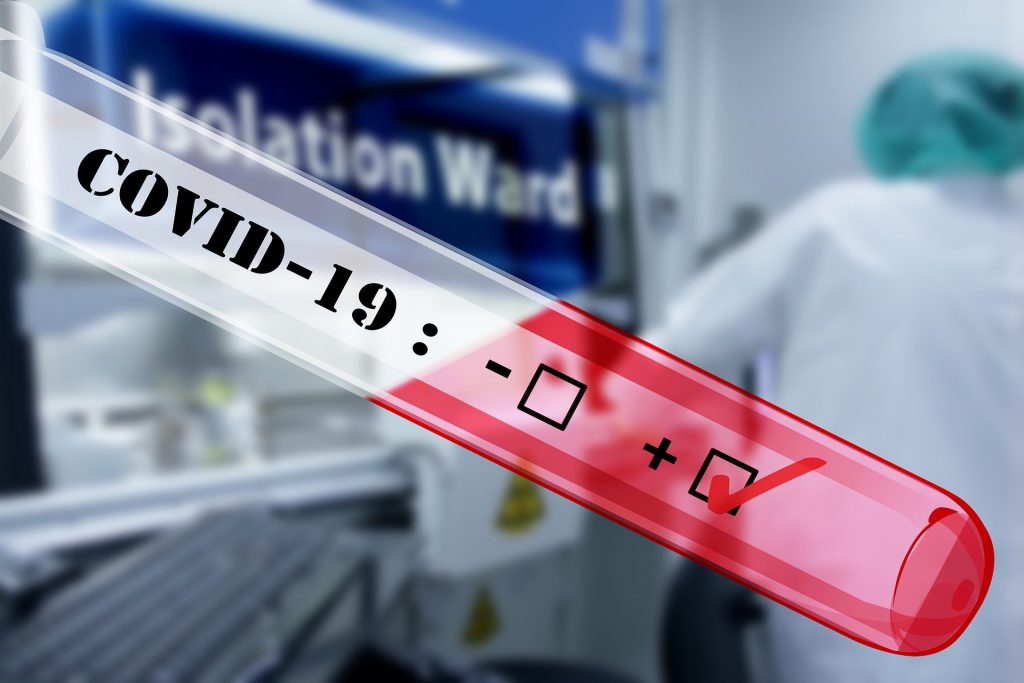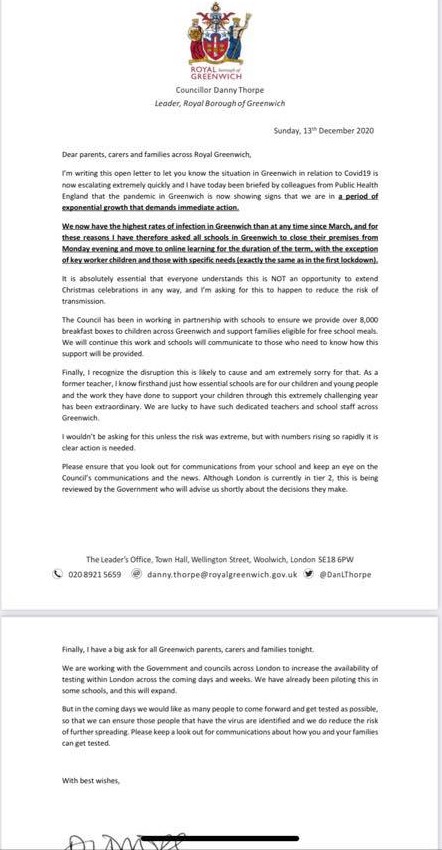The health and safety responsibilities owed by school and college employers – UNISON
 The health and safety responsibilities owed by school and college employers
The health and safety responsibilities owed by school and college employers
Schools have legal responsibilities under the Health and Safety at Work Act 1974 to ensure the health, safety and welfare at work of all employees and to ensure other persons, not in their employment, are not exposed to a risk to their health and safety.
The Management of Health and Safety at Work Regulations 1999 require employers to undertake a suitable and sufficient assessment of the risks to health and safety of employees and others, such as pupils and parents, affected by the conduct of the employer’s undertaking. The Regulations also require the risk assessment to identify the measures necessary to comply with the statutory duties owed by the employer. Where the employer implements such measures, the primary duty is to avoid risks or combat the risks at source. The duties also include having appropriate procedures in place in the event of a serious and imminent danger.
Further, the relevant statutory provisions include the following:
- Under the 1999 Regulations, any risk assessment shall be reviewed by the employer or self-employed person who made it if there has been a significant change in the matters to which it relates;
- Every employer shall enable persons who are exposed to serious, imminent and unavoidable danger to stop work and, save in exceptional cases for reasons duly substantiated (which cases and reasons shall be specified in those procedures), require the persons concerned to be prevented from resuming work in any situation where there is still a serious and imminent danger.
- In addition, the employer owes duty to inform and consult with safety representatives. Under the Safety Representative and Safety Committee Regulations 1977 (recognised unions) and the similar regulations applying where unions are not recognised, every employer shall consult safety representatives in good time with regard to the introduction of any measure at the workplace which may substantially affect the health and safety of the employees the safety representatives concerned represent.
- Employers must ensure that employees who are exposed to risk to their health and safety which have not been adequately controlled by other means are provided with suitable personal protective equipment.
- Finally, employers owe duties to assess risks and to protect employees against exposure to harmful biological agents under the Control of Substances Hazardous to Health Regulations 2002.
Sections 44/100 Employment Rights Act 1996
Under sections 44 and 100 of the Employment Rights Act 1996, employees are protected from detriment or dismissal where there exist circumstances of danger which they reasonably believe to be serious and imminent, and they leave or propose to leave, or otherwise refuse to return to their place of work (or any dangerous part of the workplace. There are also protections under these provisions for those who take appropriate steps to protect themselves or others in circumstances which the employee reasonably believes amounts to a serious and imminent danger.
If you are concerned about these legal rights as they apply to you, further advice should be sought from your branch.
For more information and advice click on link to UNISON web site here
http://msg.unison.org.uk/q/1myd86IiEb7HxZh55p4T/wv


 Sunday Jan 17, 2021 11:00 AM
Sunday Jan 17, 2021 11:00 AM 





 Dear member
Dear member
